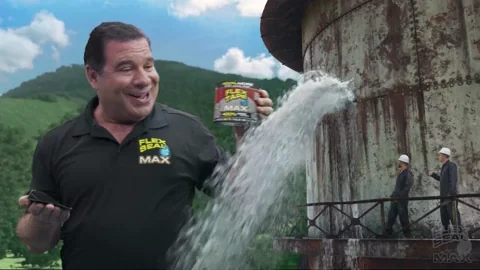We think that there is a case for aligning relevant initiatives and efforts with that of the UN Sustainable Development Goals, or as it has become more commonly known as the Global Goals.
Any thoughts on this?
We think that there is a case for aligning relevant initiatives and efforts with that of the UN Sustainable Development Goals, or as it has become more commonly known as the Global Goals.
Any thoughts on this?
I think these goals are great. But it’s kind of working against what is motivated and rewarded. You can push sustainability, but at the same time the economy wants to buy and consume. A slowdown of that is called a recession.
So I think it’s great, but if they don’t address the economic mechanisms causing the problems, it will be just patchwork. That’s where TZM may come in, to create awareness about this and hopefully influence change.

Here is how we can satisfy those goals (or one of the few methods to do so, not guaranteed to work, since what I wrote here is an oversimplification):
Ending poverty on the first and second level of the Maslow pyramid is done by making basic needs universal.
The program works by using a decentral or central network of logistic (distribution) computers and collectively-owned (not state-owned) means of production (so that resources can be shared rather than being concentrated), for physical goods.
For services such as healthcare and education, they are universalized (given to everyone, equitably) and their quality is raised to the highest level possible.
The UBN and RBE can solve a lot of poverty-related problems.
Hunger is reduced via redistributing existing food instead of wasting it, and producing food closer to the places that actually need it, rather than where it’s profitable.
Quality Education is provided by making education free, public and hands-on, allocating a large portion of resources.
Gender equality is achieved by ending the legacy of neocolonialism, systemic racism and patriarchy.
Clean water is made possible via banning the dumping of waste into important water sources, like rivers and lakes, and making water free and financialization “illegal”. Networks may be expanded if needed.
Clean Energy (if we want to make it fully renewable) is made by possible by gradually ending fossil fuel incentives, with the final goal of banning it by 2030-2050.
Decent working condition is made either by more workplace democracy and regulation in a social democracy or the collectivization and democratization of the means of production.
Inequality can be reduced by fairly taxing the rich (high tax rates, global tax agency, capital restrictions, mandatory full income disclosure) and In advanced stages, via the use of a UBN and socialization, and in even more advanced stages, RBE.
Responsible consumption is made possible by making a computerized logistics system that calculates exactly what people need rather than demand (known as a demand-driven allocation system). Production should be lowered or raised based on actual demand instead of markets.
As usual, the final goal, regardless of the methodology we use, whether it’s a more decentralized, politically irrelevant system or a very revisionist form of socialism (post-socialism), is some form of a RBE.
Thanks for your thoughts @Kees and @miculpionier - So, from what we read in your replies, the SDGs can provide a viable framework (and human resource network) for action, although some of the goals are not necessarily in accordance with what TZM proposes. Yes?
The SDGs provide viable goals we should pursue, a orientation for the future. But the way we satisfy them might be different from what is originally suggested. So, yes.